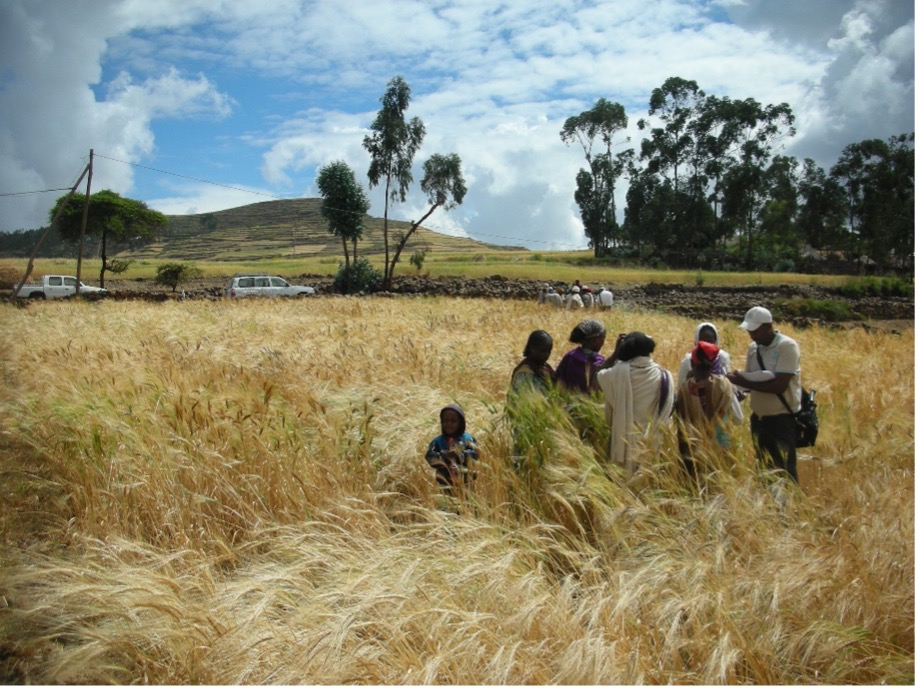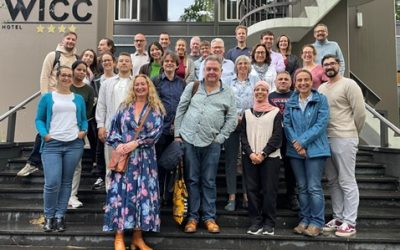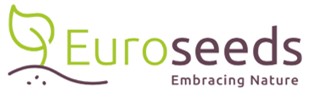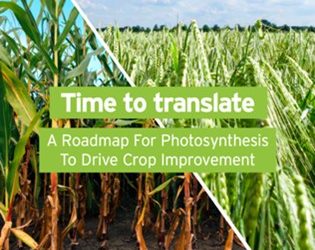SSSA have been working in Ethiopia for 12 years and they are now collaborating with ARARI as partners in CAPITALISE. The initial connections came from SSSA’s innovative PhD programme in agrobiodiversity. This programme targets students from emerging countries and includes a sandwich programme connecting with local institutions. The students spend time at SSSA and then return to their countries to run research projects. What makes this programme stand out is that the students co design the research with their local institutions and the Italian group.
A focus for the groups is researching natural variation in crops to identify diversity that can help improve future stress resilient crops. Innovations are needed to address the dual challenges of a changing climate and the need to increase food security. Matteo Dell’Acqua’s research group have a growing involvement with countries in the Global South to explore under exploited natural variation in crops and their close relatives. SSSA are working with partners in Africa and East Asia on projects applying modern breeding (pre breeding) molecular technologies to plant genetic resources, looking at the considerable agrobiodiversity with potential for improving crops. In recent years modern breeding has reduced agrobiodiversity narrowing the genetic pool, but locally farmers and growers often need more diverse crops that will be resilient to the challenges of a changing climate and marginal lands. Very little crop improvement targets the smallholder farming that predominates in many parts of the Global South. SSSA and their partners including ARARI are working on solutions to this.
There is a need to look beyond the European perceptions of agriculture and work collaboratively to target the specific small cropping systems that are more common in Developing Countries. Matteo and his group work with local scientists and agronomists to have a codesign and participatory approach working with farmers, to combine their traditional knowledge with state of the art science. The intention is to improve crops and practices that can support food security, while achieving a sustainable agriculture despite more erratic rainfall patterns and climate change.
CAPITALISE links nicely to this approach since discovering and exploiting natural variation for crop improvement is central to the project. The ARARI team in Ethiopia working with SSSA bring access to barley from Ethiopia that is unique and has never really been characterised. This represents an important new collection of natural variation to be explored for traits that could be useful for stress resilience. Collaborating together they are exploring genetic diversity and developing tools that breeders can use. There are two aspects to the approach:
- The biological – that is linked to the germplasm collection and the activities to characterise this;
- The human – that comes with the places and people that live there.
The human aspect acknowledges that in local settings, people are really connected to the farming life and there is very little resilience in the farming systems, and few inputs, very little fertilisers, irrigation, or pesticides. This exposes the local farming to climate change threats.
Matteo stresses that “the farming systems are fragile but the people involved have the most profound knowledge of the system’s needs in terms of local adaption and local germplasm. Listening to this knowledge and working with smallholders allows us to better understand how traditional agrobiodiversity can address the needs in local agriculture and give insights into useful traits”.
Matteo’s team also work in Mozambique, Bhutan, Nepal and other places. The PhD training programme sees most students return to their country but with the skills and opportunity to become a geneticist or bioinformatician, but also important soft skills which are transferred to the home country. Often the developing countries do not have the infrastructure for the level of science at SSSA, but the idea is that the scientific leaders can pull forward the local system. Each country is different but overall the training model is translatable between countries and institutions. In each region the science targets the crops of local interest. CAPITALISE is complimenting this training approach but is also benefiting from Matteo’s participation in the Focus-AfricaH2020 project, led by the World Metrological Organisation (WMO). This project focuses on climate services, SSSA are working in Mozambique on Cowpea and Rice. The angle is looking at local adaption rather than photosynthesis, but the theme is always the same – it is about trying to find local solutions to improve resilience of smaller farming systems. A local solution meaning local diversity and local culture.
CAPITALISE with our partner in Africa will look beyond the EU. SSSA’s experience in Ethiopia has already led to two varieties that are new to the market. Germplasm from a gene bank was tested and has now been released for cultivation.



